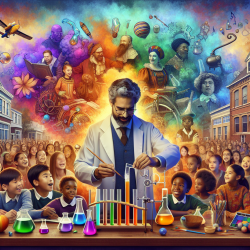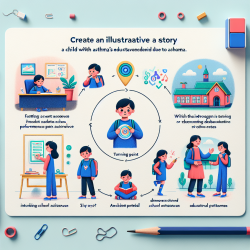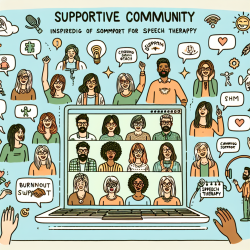Introduction
In the ever-evolving landscape of education, culturally responsive and sustaining pedagogies (CR-SP) have emerged as vital tools for fostering equity and inclusion. These pedagogies are especially crucial in science education, where traditional approaches often overlook the diverse cultural backgrounds of students. This blog explores the transformative potential of CR-SP in science education, drawing on insights from the research paper titled Culturally relevant/responsive and sustaining pedagogies in science education: theoretical perspectives and curriculum implications.
The Importance of Culturally Responsive Pedagogies
Culturally responsive pedagogies recognize the cultural assets that students bring to the classroom. They challenge the traditional Eurocentric focus in education, advocating for a more inclusive approach that values diverse perspectives. This is particularly important in former colonial contexts, where historical inequities persist in the education system.
By incorporating CR-SP, educators can create learning environments that validate and reflect the cultural identities of all students. This approach not only enhances student engagement but also fosters a sense of belonging and empowerment.
Implementing CR-SP in Science Education
The research highlights the need for a critical analysis of science education, particularly in regions like the Netherlands with diverse communities such as the Dutch Caribbean. The study provides a concrete example of a CR-SP-focused community-based STEAM program that engages young children and their parents in meaningful scientific exploration.
Here are some practical strategies for educators to implement CR-SP in their classrooms:
- Asset-Based Approach: Recognize and leverage the cultural strengths and knowledge that students bring to the classroom. This involves integrating culturally relevant content and examples into the curriculum.
- Community Engagement: Involve families and community members in the learning process. This can be achieved through community-based programs and partnerships that connect classroom learning to real-world contexts.
- Inclusive Curriculum Design: Design curricula that reflect the diverse cultural backgrounds of students. This includes incorporating multiple perspectives and voices in science education.
- Critical Reflection: Encourage students to critically reflect on the socio-political implications of scientific issues. This fosters a deeper understanding of how science intersects with cultural and societal factors.
Encouraging Further Research
While the implementation of CR-SP in science education is promising, there is still much to learn and explore. Educators are encouraged to engage in further research and dialogue to refine and expand these pedagogical approaches. By doing so, they can contribute to a more equitable and inclusive educational landscape.
Conclusion
Culturally responsive and sustaining pedagogies hold the potential to transform science education, making it more inclusive and equitable for all students. By embracing these approaches, educators can empower students from diverse backgrounds to see themselves as active participants in the scientific community.
To read the original research paper, please follow this link: Culturally relevant/responsive and sustaining pedagogies in science education: theoretical perspectives and curriculum implications.










